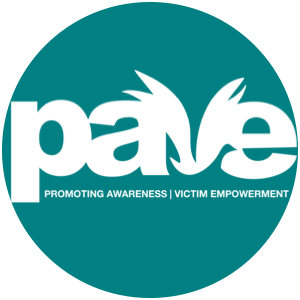What is a Sexual Assault Advocate?
Sexual assault advocates are professionally and specially trained individuals who respond to and support survivors of sexual assault. They provide unparalleled support to survivors in the immediate and long-term aftermath of sexual assault. Sexual assault advocates work in many different settings, such as the hospital, college campuses, on the site of a sexual assault, rape crisis centers, and police stations.
Sexual assault advocates’ specific duties vary by location, but most provide emotional support, a lending ear, access to resources, and serve as an echo to a survivors’ needs. Advocates do not make decisions for survivors. They inform survivors of possible options and advocate on their behalf to others. Others include SANEs, police, loved ones, medical providers, and more. In addition, advocates who work on college campuses may advocate to professors, coaches, and Title IX offices. Many advocates are first responders in communities, but their duties are not limited to the acute phase after an assault. They may help the survivor navigate different difficult systems, such as getting a therapist, pressing charges, or applying for crime victim’s compensation. Advocates are also trained on survivors rights and are able to inform you on your rights. They can serve as a liaison during requests for accommodations at work or school. Advocates provide most forms of support after sexual assault and ensure that the survivors they work with get the resources they need.
Advocate is a loaded word that means many things, and the title “sexual assault advocate” has been frequently misattributed, making it harder for organizations like PAVE to inform survivors of this resource. Someone who advocates for survivors of sexual assault is a person who wants to do what they can to support survivors and their healing. Their aim is to spread the word about sexual violence and the harm it causes, and how we can prevent further abuse. Advocates for survivors of abuse are amazing and they can be anyone. Everyone should be someone who advocates for survivors.
Not everyone can, or wants to be, a sexual assault advocate in the formal sense. It is a difficult job or volunteer experience that requires education, experience, formal training, and an investment in working with individual survivors. Advocates are members of sexual assault teams in their community to help individual survivors after a sexual assault has occurred. To become a sexual assault advocate, you are required to do at least 40 hours of training. These trainings vary from area to area and there is no standardized training course for advocates across the nation.
If you are in need of an advocate in the immediate aftermath of an assault, there are a few things you can do. If you are reporting the assault to police, which you do not have to do, ask them about an advocate. You are entitled to one in many places, 24/7. If you are in a hospital or seeking medical services via an ambulance, ask them. The best way to know about your local survivor services, though, is to reach out to your local rape crisis center. PAVE has a list of them on Survivors.org. If you cannot find your local rape crisis center, check out your state’s coalition for sexual assault. The names vary per state, but you can find a list here.
